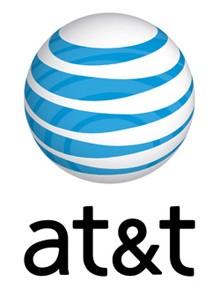 The FCC's call for information on why the Google Voice iPhone app was withdrawn is going to uncover some interesting details. First up AT&T responded with a carefully crafted statement that amounts to "we don't do that". What wasn't said, however, is what control AT&T contractually holds over Apple's process.
The FCC's call for information on why the Google Voice iPhone app was withdrawn is going to uncover some interesting details. First up AT&T responded with a carefully crafted statement that amounts to "we don't do that". What wasn't said, however, is what control AT&T contractually holds over Apple's process.
Let's back up a minute and look at who stands to gain from this. If the iPhone supports a VoIP application who stands to lose? AT&T. Apple will still sell iPhones and iPods to these customers with their VoIP apps. In fact in many cases Apple may well sell Apps to them as well. Even if the particular app is free trends show iPhone users will buy plenty of other applications to make up for it. So Apple gains nothing and in fact loses quite a bit by having these apps rejected. AT&T on the other hand doesn't get the same black-eye and gets to think it's protecting it's dwindling cellular voice market.
There are already hints that AT&T won't be an exclusive carrier soon. It's time for Apple's notoriously strong legal team to use AT&T's careful wording to end any control they have and for Apple to turn the App Store into the Application Marketplace. Most of us will accept some of a closed platform while things get stabilized but now that we're on iPhone 3.0 software it's time to throw open the doors and remove the application approval process. Not only will iPhone users benefit but Apple shareholders will too.
1 Comment
Google Voice is not VoIP. Yes
Google Voice is not VoIP.
Yes I know you didn't explicitly say it was, but it is roughly implied in this post by mentioning GV being blocked then talking about VoIP apps being blocked.